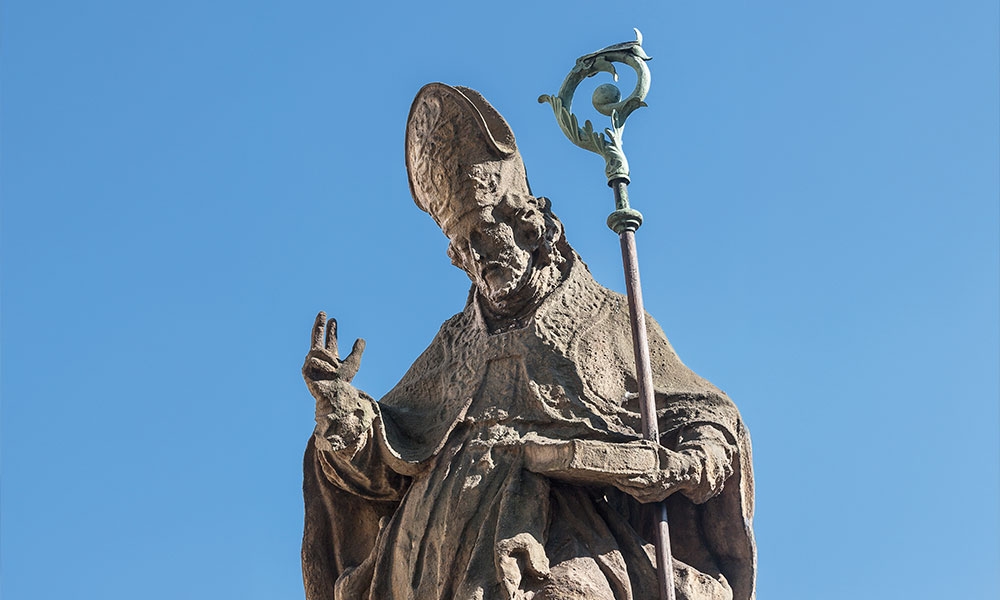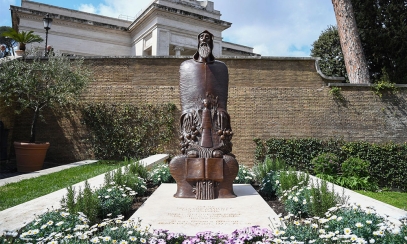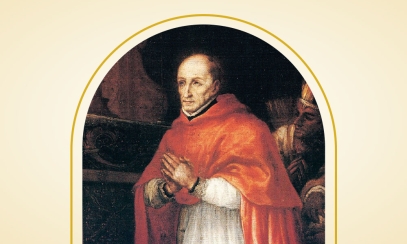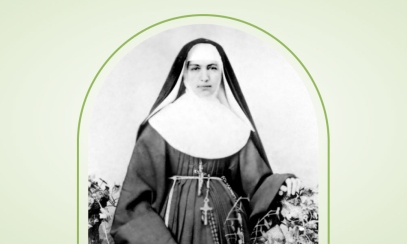
St. Stanislaus of Kraków
1030-79 | Feast: April 11
1030-79 | Feast: April 11
As one of the earliest native Polish bishops, St. Stanislaus played a role in the Christianization of Poland. When others were too afraid to stand up for Christian morals, this saint stood fearless to the point of ultimate sacrifice.
Born into a noble family, Stanislaus eventually left Poland to study theology and canon law in Paris. When his parents died, rather than indulging in the wealth that came from his family’s nobility, he gave it to the poor and entered the priesthood.
He became known for his preaching in his first position as canon of the cathedral in Kraków, teaching Catholic morality as Poland gradually became a Christian nation. He took on a variety of roles, such as archdeacon and preacher, and upon the death of the bishop, Stanislaus was chosen to succeed him. Though he did not want the role, Pope Alexander II insisted, and so the pope’s order was obeyed.
Emboldened by the Gospel, Stanislaus held firm to Catholic teachings and preached them to the people in the face of a tyrannical king, Boleslaus II, who was violent and known for depravity. Stanislaus condemned the king’s evil actions even before taking on the role of bishop, which made him unpopular with the nobility.
After numerous conflicts with Boleslaus, Stanislaus threatened him with excommunication. Infuriated, the king swore to take revenge, which came later when the nobility opposed Boleslaus’ political policies and Stanislaus sided with them. When soldiers refused to follow the king’s order to kill Stanislaus, Boleslaus is said to have charged into the church with his sword drawn while Stanislaus was saying Mass. There, the king accomplished the deed himself.
Stanislaus was canonized by Pope Innocent IV in 1253. He is the first native Polish saint and the patron saint of Poland. Numerous Catholic churches in Polish communities are dedicated to St. Stanislaus.



